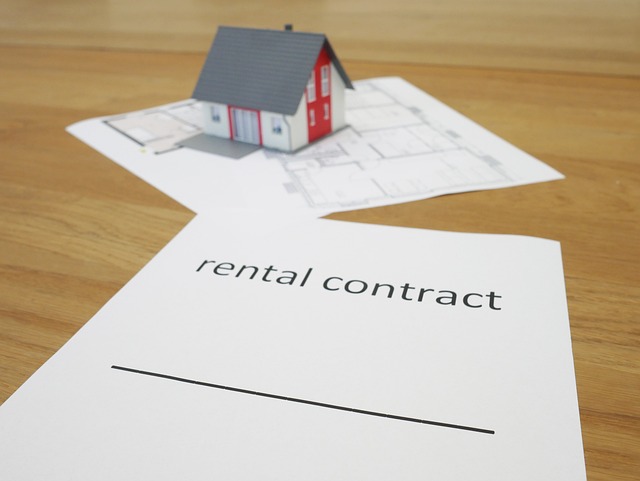Rent to Own Homes: A Comprehensive Guide to Alternative Homeownership
Rent to own homes, also known as lease-to-own or lease-option agreements, offer a unique path to homeownership for those who may not qualify for traditional mortgages. This arrangement allows potential buyers to rent a property with the option to purchase it in the future. As the housing market continues to evolve, rent to own homes have gained popularity among both buyers and sellers, providing flexibility and opportunities in the real estate landscape.

What Are the Benefits of Rent to Own Homes?
For potential buyers, rent to own homes offer several advantages. This arrangement provides time to improve credit scores, save for a down payment, or establish a stable income history. It also allows tenants to “test drive” the home and neighborhood before committing to a purchase. Sellers benefit from a steady rental income and the potential for a future sale, especially in slow real estate markets.
Are There Risks Associated with Rent to Own Agreements?
While rent to own homes can be advantageous, they come with certain risks. Tenants may lose their option fee and any premium payments if they decide not to purchase the home or cannot secure financing when the lease ends. There’s also the risk of property value fluctuations, which could affect the predetermined purchase price. Additionally, if the property owner faces foreclosure or bankruptcy, the tenant’s rights may be jeopardized.
How to Find Rent to Own Properties?
Finding rent to own properties requires a different approach than traditional home searches. Real estate agents specializing in these transactions can be valuable resources. Online platforms dedicated to rent to own listings are also available. Local property management companies and real estate investors may offer rent to own options as well. It’s crucial to thoroughly research any opportunity and seek legal advice before entering into a rent to own agreement.
What Should Be Included in a Rent to Own Contract?
A comprehensive rent to own contract is essential for protecting both parties’ interests. Key elements should include the option fee amount, rent credit details, purchase price or method of determining it, and the timeframe for exercising the purchase option. The contract should also outline maintenance responsibilities, property taxes, and insurance obligations. Given the complexity of these agreements, it’s highly recommended to have a real estate attorney review the contract before signing.
| Provider | Services Offered | Key Features/Benefits |
|---|---|---|
| Home Partners of America | Lease with a Right to Purchase | Flexible lease terms, wide property selection |
| Divvy Homes | Rent-to-own platform | Customizable savings plans, property maintenance included |
| Verbhouse | Lease-option agreements | Transparent pricing, flexible terms |
| Dream America | Rent-to-own program | Credit building opportunities, home warranty included |
| Trio | Lease-to-own financing | No down payment required, fixed monthly payments |
Rent to own homes represent an innovative approach to homeownership that bridges the gap between renting and buying. This option can be particularly appealing for those who need time to prepare financially for a home purchase or want to ensure a property is the right fit before committing. However, it’s crucial to approach rent to own agreements with careful consideration and thorough understanding.
Prospective tenants should conduct due diligence on the property and the seller, ensuring that the home’s condition, value, and ownership are clearly established. It’s equally important to understand the terms of the agreement, including how much of the rent will be credited towards the purchase price and under what conditions the option to buy can be exercised or forfeited.
For sellers, offering a rent to own option can attract a wider pool of potential buyers and provide a steady income stream while working towards a sale. However, they should be prepared for the possibility that the tenant may not ultimately purchase the property and have a plan in place for such scenarios.
As with any significant financial decision, seeking advice from real estate professionals, financial advisors, and legal experts is crucial when considering a rent to own arrangement. These professionals can help navigate the complexities of the agreement, ensure all parties’ rights are protected, and maximize the benefits of this alternative path to homeownership.
Ultimately, rent to own homes offer a unique opportunity in the real estate market, providing flexibility and potential benefits for both buyers and sellers. By understanding the process, weighing the pros and cons, and approaching agreements with careful consideration, individuals can determine if this alternative homeownership option aligns with their financial goals and housing needs.





